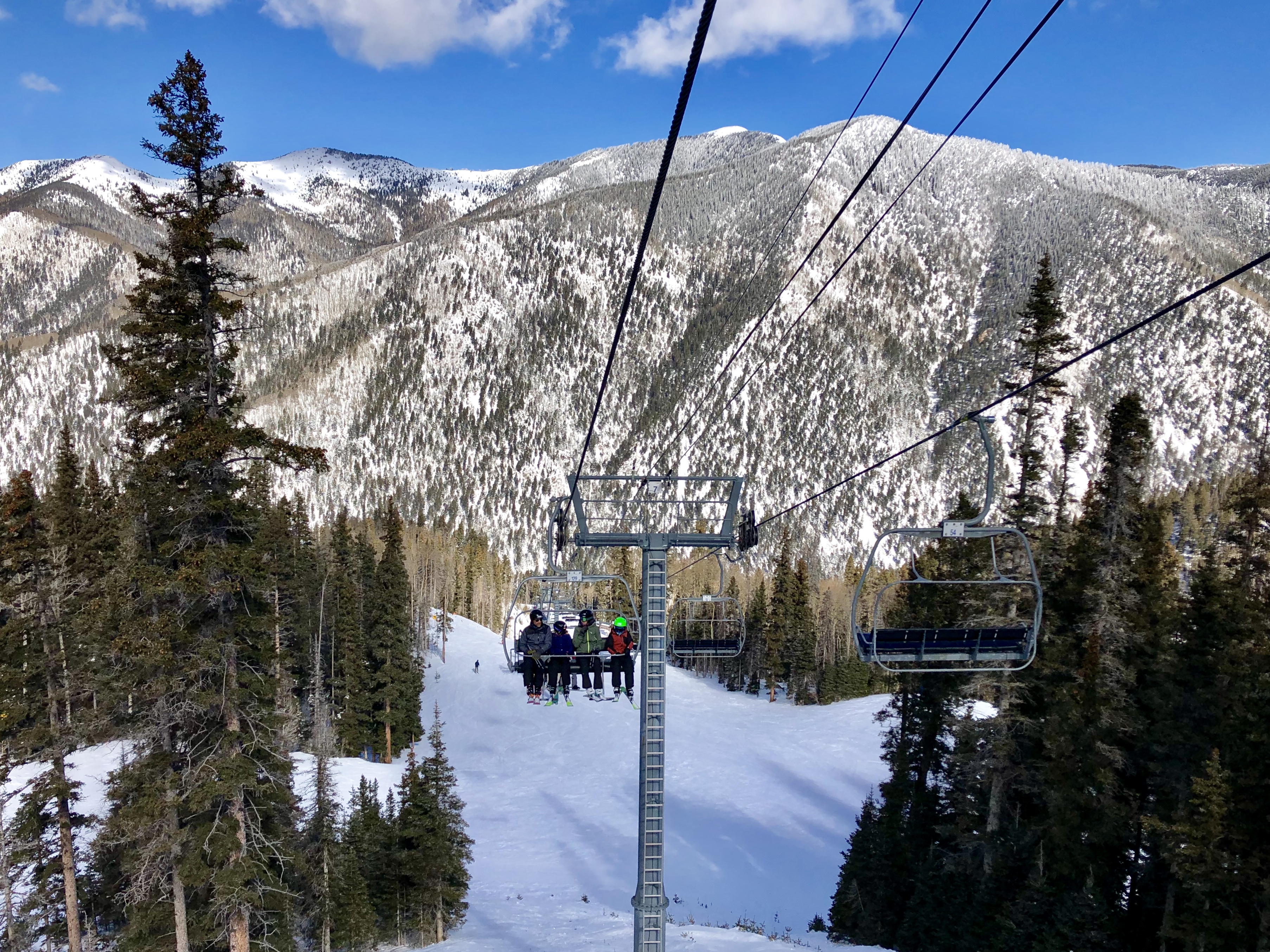
These Ski Resorts Lead the Pack on Sustainability in the West
With eco-friendly equipment, plastic-free campuses, and zero-waste plans, these mountain resorts are helping ensure the future of snow sports

Adventure_Photo/ Getty Images
The West has some of the country’s best skiing, with resorts ranging in scope from underrated gems to Olympic-standard mountains. And while this region does an ace job of stirring environmental action (check out all the cities that have banned plastic straws recently), it’s no secret that the ski industry takes a major toll on our already-taxed Mother Nature. Since the 1980s, snowfall in the West has seen an average drop of 41 percent (per last year’s Geophysical Research Letters), and according to the United Nations, we have 11 years to do something about climate change before it’s too late.
Fortunately, in the past decade, the industry has stepped up its conservationist game to curb and offset the damage. At these mountain resorts, single-use plastics and high-powered chairlifts are on their way out, carpooling is cool again, and renewable energy and water-saving technology are finding their way into everything from hotel programs to equipment.
From the big guys that pony up the major bucks for fancy, energy-efficient snow machines and national campaigns, to the small, indie ski areas that rely on grassroots efforts to engage current and future environmental stewards, these are the resorts worth backing with your greens.
Diamond Peak, Lake Tahoe, NV

Courtesy Diamond Peak Ski Resort
We salute small ski areas that—with engaged management and citizens—set the pace on conservation. As a community-owned mountain, Diamond Peak has always done a bang-up job protecting its resources, and recently, the 655-acre resort became the second in the country to earn the STOKE Certified seal. The first sustainability watchdog to focus specifically on ski and surf, STOKE evaluates resorts on a 100-point criterion. After Diamond Peak enrolled in the program, the org helped the resort develop a roadmap to get the mountain operating with minimal impact. Three years later, the ski area earned 78-point compliance thanks to efforts like having free shuttles and electric car charging stations, selling pocket-friendly water pouches, investing in eco-friendly snowmaking equipment, and posting playful signs across the village to inspire riders to pitch in—a feat that’s made a lot easier with the Lake Tahoe views that frame almost every run.
Aspen-Snowmass, Aspen, CO

Courtesy Limelight Hotel Snowmass
Spanning 5,527 acres across four mountains and two towns, Aspen Snowmass is a global environmental leader. In the ’90s, the company starting rolling out eco upgrades like installing solar arrays, using waste methane from a nearby coal plant to power operations with clean energy, composting at most on-mountain restaurants, and developing a company-wide energy reduction program. Their push to build LEED-certified hotels and restaurants was an industry first, too. As part of its 50th anniversary last year, the group introduced the new Snowmass Base Village with a free ice skating rink, a co-working space, and the LEED-certified, ski-in, ski-out Limelight Hotel Snowmass. Environmental activism is at the heart of the operation for management and employees, who can volunteer to have funds taken from their paychecks to finance different community projects with each dollar being matched by the company. Going beyond local impact, Aspen works with Protect Our Winters to influence climate change policy. Its “Give a Flake” campaign has the team spending more time in the capital than any other resort advocating for clean power and other climate change initiatives and donating millions (more than $3.5 million in 20 years) to conservation projects.
Taos Ski Valley, Taos, NM

Alexandra D. Urban/ Getty Images
Please note that Taos’ projected opening of Nov. 26 has been postponed.
Privately owned by a conservationist and hedge fund billionaire, Taos Ski Valley is the first ski resort in the world rated as a B-Corp for its commitment to social and environmental efforts. In the past six years, this green ski resort has eliminated plastic-bottle sales, installed energy-efficient lighting, and aided in watershed restorations of the area. With its snow farming program, Taos is able to store up powder as it falls, curbing the amount of artificial stuff they have to make later. The Taos Verde program infiltrates everything the company does on the mountain, including providing a shuttle for employees to get to work and partnering with the Taos Institute Earthship to turn onsite restaurants’ wine bottles into building materials for homes. The resort’s goal—and one they’re working diligently toward—is to reduce greenhouse gas emissions by 20 percent in 2020.




